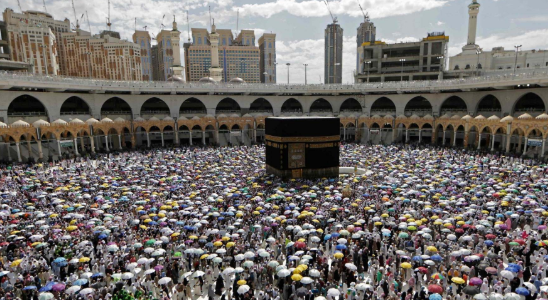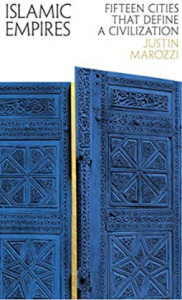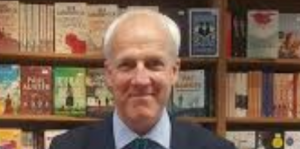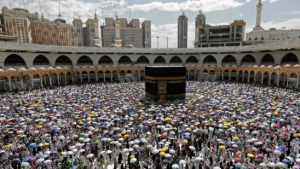
Rich and diverse civilization



A Tunisian friend of Justin Marozzi told him, “I’m embarrassed to be an Arab these days. Everywhere you look there’s chaos, fighting, bloodshed, dictatorship, corruption, injustice, unemployment. The only thing we’re leading the world in is terrorism”. For centuries the caliphate was both ascendant on the battlefield and triumphant in the battle of ideas, its cities unrivalled powerhouses of artistic grandeur, spiritual sanctity, commercial power and forward-looking thinking in which nothing was off-limits
Historian and travel journalist, Marozzi provides a compelling counter debate to the present state of affairs by recalling the pluralism, cosmopolitanism and magnificent achievements by the Islamic empires of the past and revealing the fact that the Arab world was not always intolerant and authoritarian, but were an embodiment of a superior civilisation to an illuminating effect.
Marozzi takes us to a tour of Islamic civilisation told through 15 of its greatest cities spanning 15 centuries starting from 7th century Mecca to 21st century Doha, by reflecting their art, architecture, astronomy, mathematics, medicine, poetry and music, which removes men and women from a savage, barbarian life.
He gives a perceptive analysis of personalities and politics and a fair-minded assessment of its intellectual, artistic and architectural achievements.
Cairo, Jerusalem, Baghdad reveals unexpected connections emerging between the diverse cities. Beirut holds a special fascination for Marozzi, as his father and grandfather hail form there and he was born in 1970 when cosmopolitanism and coexistence prevailed in the older Dar al Islam, or the world of Islam including Lebanon where cosmopolitanism is official policy under the constitution that recoganises 18 distinct groups, four Muslim sects, 13 Christian sects and Jews in a population of under 7 million. He also details the discord, strife, sectarianism and violence that culminated in the Lebanese civil war of 1975-1990 that killed over 120, 000 and reduced on the world’s most beautiful and delicate cities to rubble.
The empires he portrayed in his book were quintessentially outward-looking, tolerant, dynamic and intellectually interesting. Ever since counter-revolution that turned the Arab Spring into an Arab Winter, as much of the region has turned in on itself, becoming ever more introverted and repressive.
Islamic Empires: Fifteen Cities that Define a Civilization by Justin Marozzi, Allen Lane £25, 464 pages
